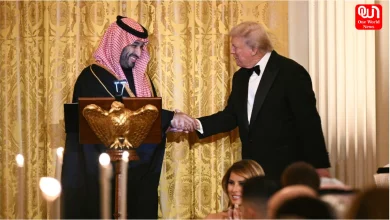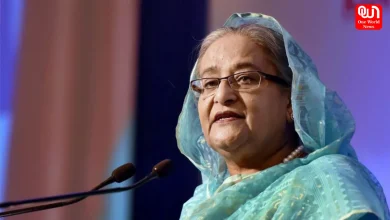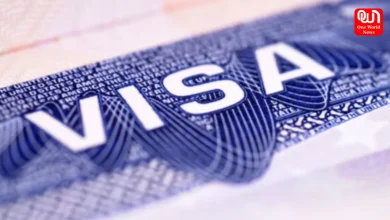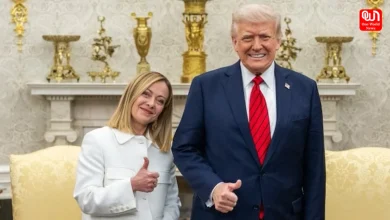Donald Trump Warns of Reciprocal Tariffs: ‘They Ripped Us Off’ Ahead April 2
Before the April 2 deadline, President Donald Trump, ramping up the rhetoric on reciprocal tariffs, said, "They ripped us off."
Donald Trump Renews Reciprocal Tariff Warning Against Trading Partners
Before the April 2 deadline, President Donald Trump, ramping up the rhetoric on reciprocal tariffs, said, “They ripped us off.” With these tariffs, Trump is trying to correct what he believes has long been an inequitable trade situation with foreign countries taking advantage of the U.S.
Background on Reciprocal Tariffs
Reciprocal tariffs are those that match the import duties imposed by others on goods coming from the United States. President Trump has called April 2 “Liberation Day,” marking that day as the commencement of tariff measures meant to level trade terms. The administration asserts that such measures are necessary to protect U.S. industries and workers from unfair competition.  
Specific Tariff Measures
The measures impose tariffs on all foreign-made vehicles at 25% starting April 3. President Trump claimed this is good for American-made cars; he said that the price of imported cars is going to go up. Analysts expect the average price of an imported car to rise between $5,000 and $10,000. The tariffs will also include foreign auto parts, with certain exemptions under the United States-Mexico-Canada Agreement (USMCA). 
Global Market Reactions
News of the imposition of these tariffs caused wild volatility in the global markets. The Australian stock market, for example, lost $38 billion, worried about a U.S. recession triggered by tariff policy. Analysts are afraid of far-reaching consequences for global trade and economies, in particular risks on export industries. 
International Response and Concerns
Trading partners abroad have been jittery next to no detailed information on the new tariff measures. The administration has indicated that these reciprocal tariffs are supposed to match the duties other countries impose upon their exports – duties that Mr. Trump sees as unfair trade practices. However, the ambiguous details of this coming tariff regime have left global partners in doubt on how to react. 
In particular, past U.S. trade negotiators have cautioned against slapping any tariffs on allies such as Australia. Existing free-trade agreements are deemed sufficient to guarantee fair reciprocity, and imposition of new tariffs would only damage a long-standing trading relationship.
READ MORE : CSK Fans Turn Against Dhoni and Team After Crushing Defeat to RCB in IPL 2025
Economic Implications
The new tariffs are expected to have important economic implications. For example, financial experts are estimating that the average cost of an imported vehicle might see an increase of $5,000 to $10,000 due to the 25 percent tariff on foreign-made cars. The tariffs will also impact foreign auto parts, which could raise the cost of manufacturing even for cars assembled in the United States. Higher manufacturing costs would mean higher prices for consumers and lower profits for carmakers.
As the April 2 deadline approaches, Trump pushes the administration into reciprocal tariffs as part of his commitment to rectify perceived trade inequities. Intended to bolster American industries, however, it has introduced such uncertainty to the global market and even strained international relations. The consequences of these tariffs will take shape in the following months as trading partners react and the economic fallout becomes clearer.
Like this post?
Register at One World News to never miss out on videos, celeb interviews, and best reads.








